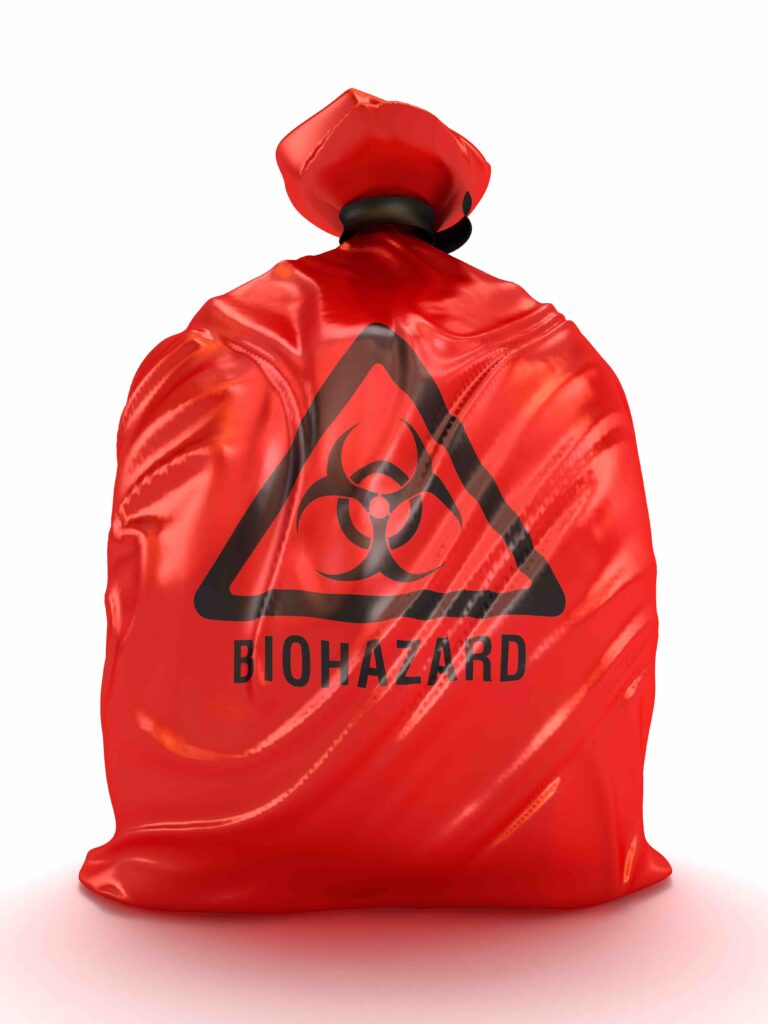Non-hazardous waste
Delaware Medical Waste Requirements
A look at Delaware medical waste requirements. Nearly all 50 states have enacted medical waste regulations, many of which are based on the federal RCRA standards. Of course, state medical waste standards vary diversely. Here is how medical waste is handled in the state of Delaware. In Delaware, medical waste requirements are managed by the…
Read MoreMedical Waste Recycling? Does it Happen?
Reduce, reuse, recycle doesn’t always apply to the medical waste field. Reduce. Reuse. Recycle. That is the EPA’s motto for protecting our environment, but this adage doesn’t always apply to the medical waste field. Medical waste has a different set of rules when it comes to disposal and reusing because of its very nature. The…
Read MoreConnecticut Medical Waste Requirements
A look at Connecticut medical waste requirements. Medical waste in the state of Connecticut is regulated by the Department of Energy & Environmental Protection (DEEP). Medical waste is often referred to as regulated medical waste, biohazardous waste, or, more simply, hazardous waste, but in Connecticut, medical waste is known as biomedical waste (BMW). According to…
Read MoreColorado Medical Waste Requirements
A peek at Colorado medical waste requirements. Colorado’s medical waste disposal regulations and requirements are managed by the Colorado Department of Public Health and Environment (CDPHE). The aim of these requirements are the same as all other states: to reduce medical waste and to protect the environment from infectious disease. For healthcare facilities and other…
Read MoreAlaska Medical Waste Requirements
Medical waste disposal is regulated by the federal and state government. Here’s what happens in Alaska. There are several key categories of waste that are typically classified as ‘regulated’. Each category typically has special handling requirements that are usually state-specific. In Alaska, medical waste disposal regulations are managed by the Alaska Department of Environmental Conservation.…
Read MoreWhat Is NOT Considered Medical Waste?
Medical waste segregation and using properly marked containers is not only good practice, it’s economical and leads to less waste. Medical waste segregation deals with sharps waste, red bag waste, and general hazardous waste. While there are plenty of examples of what’s considered regulated medical waste under these categories, there is a gray area of…
Read MoreCruise Ship Medical Waste Management
Major cruise lines contain infirmaries to care for passengers, which means there will inevitably be medical waste on board. Taking a cruise is a popular vacation idea for families because of their all-inclusive amenities, but think of it this way: cruise ships are essentially floating cities, they require more than just room and board. Major…
Read MoreWhat Is Regulated, Non-Hazardous Waste?
What Is Regulated, Non-Hazardous Waste? While we have talked at length about what to do with medical waste, specifically red bag waste and sharps waste, there is a category of waste that is considered non-hazardous but is still regulated. According to OSHA, this regulated waste can actually go in the regular trash. Empty bottles, such…
Read More


